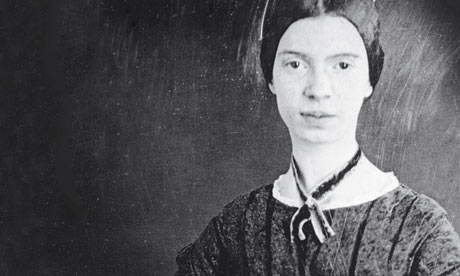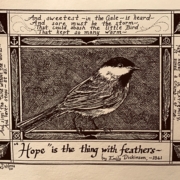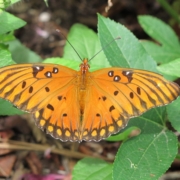Here’s the prompt for today’s poem from POETRYisEVERYTHING:
“A poet’s autobiography is his poetry. Anything else is just a footnote.”
― Yevgeny Yevtushenko
Welcome to Day 11 of the NaPoWriMo (National Poetry Writing Month) challenge. One third of the challenge and poetry month is behind us now. If you are just getting started I hope you’ll set a goal to write 20 poems in the next 20 days.
FRIDAY APRIL 11TH Prompt
Prompt: Use 4 or more of these words in a poem: 1. euphonious (pleasing to the ear); 2. mise en abyme (French meez-ahn-ah-beem –placed in an abyss ); 3. prurient –( an unwanted arousal or interest in sex (or violence or?) an itch, craving); 4. anodyne (unlikely to offend or upset anyone); 5. antipodes (diametrically opposite sides of the earth as in Australia to U.S.); 6. fritillaries (butterlies that are usually orange with black spots on the upper sides of the wings and silver spooted on the underside of the hind wing; also Scarlet and White wildflowers in the NorthWest).
Your poem should be a minimum of 4 lines and include at least 4 of these words. Have at it!
Remember, your poem doesn’t have to be perfect. Here’s mine.
I have been in love with words all my life —
my father reading aloud Emily Dickinson and Rudyard Kipling,
Christina Rossetti and William Wordsworth from our
big book of verse. Sitting in the scabby pew
in church, running my finger under the euphonious syllables
of Old Testament cities, those antipodes of ours,
beautiful names though not always difficult:
Jericho and Babel and Ninevah.
I loved even my cousins’ repertoire
of cuss words that brought on our prurient giggles
at the way they hammered and bludgeoned
through their jokes. Much later, in college,
I fell into the abyss of words, the dark side
of “creative writing” that the scholars scorned.
Naming my daughters — I won’t speak
of the joy diving among the possibilities gave me.
There is no anodyne, no placebo to smooth over this love,
no tautology to explain it —
I am in love with the words, multi-syllabic, short,
vivid and dull, all of them dancing like fritillaries
amid the flowers — phlox and tidytips and fireweed,
columbine, heal-all, shooting star —
whose names themselves are words I have loved.
I have a feeling that this could either be much longer or much shorter. It’s interesting, in any case, to type it up and share it. I’ll let it (and the other poems this month) sit a while, and then I’ll return to them to see what else they may have to say to me.



